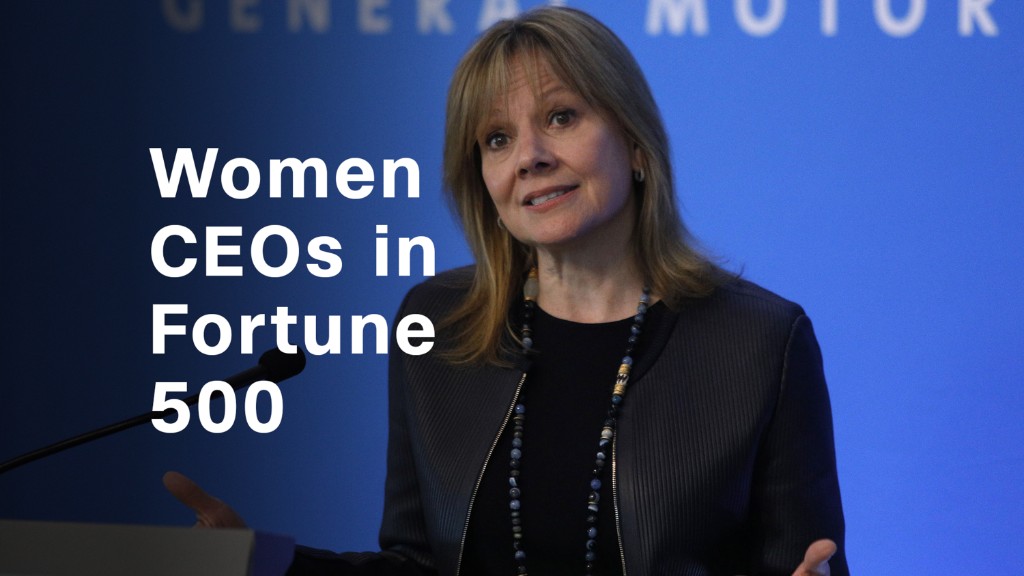
While many women lighten their hair, replace glasses with contact lenses and wear high heel shoes to make themselves look more attractive in the workplace, Silicon Valley CEO Eileen Carey did just the opposite.
She told the BBC she grabbed glasses and dyed her naturally blonde hair darker, all to "be taken seriously" by her colleagues in the tech industry.
Related: How to cry at work (without losing respect)
Studies show that managing appearance is a fine line for professional women to walk: there's both a bonus and a penalty to being attractive in the workplace. Some research suggests women who take more care in their appearance earn higher incomes; other studies instead posit that attractive women are seen as less capable or less qualified for their positions.
According to Traci Sitzmann, management professor at the University of Colorado in Denver, something as simple as hair color really can make a difference in how a woman is seen at work. But those perceptions can really hurt women in the workplace.
"We all have stereotypes of what it means to be a brunette, what it means to be a redhead versus a blonde," she says. "The problem is you want women to go to work ... and rise to the upper echelons of the organization. Not to sit there and manage their hair color."
University of Chicago professor Jaclyn Wong says there are two aspects to what we consider "attractive:" the things we're born with (symmetrical features, height) and the things we work on (grooming, makeup, wardrobe selection).
Her research found that the latter makes the biggest difference in how women are perceived.
"So our interpretation of our findings is that for women, all of these beauty practices are more about controlling women's behavior than it is about 'oh, we love beautiful people,'" she says.
Wong also points out that this perception is different for women at different stages in their careers. Women who are perceived as more attractive may be rewarded for it earlier in their careers, but when they cross into the C-suite, that changes.
"Once women get into managerial positions, positions of leadership, positions of power, beauty becomes a liability because our stereotypes around beauty are that they're incompatible with capability," Wong says. "So if you're too beautiful, maybe you're not that competent. Maybe you're a 'dumb blonde.' That's a lot more true for women than it is for men."
Related: Does high school drama follow women to the workplace?
Sylvie di Giusto, an image consultant who advises clients on their professional appearances, offers one key piece of intelligence: if your appearance is a topic of conversation in the workplace -- whether because you're perceived as "too attractive" or as "not attractive enough" -- something has already gone wrong.
"The consequences of that are that you distract from all the amazing things you're doing," she says.
But what you're wearing and how you're wearing it matters less than how you appear to feel, Di Giusto says. Confidence leads to more effective first impressions, and your demeanor can direct people's attention away from your appearance and back to your accomplishments.
So if you're too worried about how people are perceiving your appearance, your confidence could take a hit -- which makes it especially difficult for women to walk the tightrope. That could have a negative affect on your career.
"The more time and resources you're devoting to your hair color and what you wear and how people perceive you," Sitzmann says, "the less time you have to think about work and hone those skills that are actually necessary to rise to the top of the organization."
